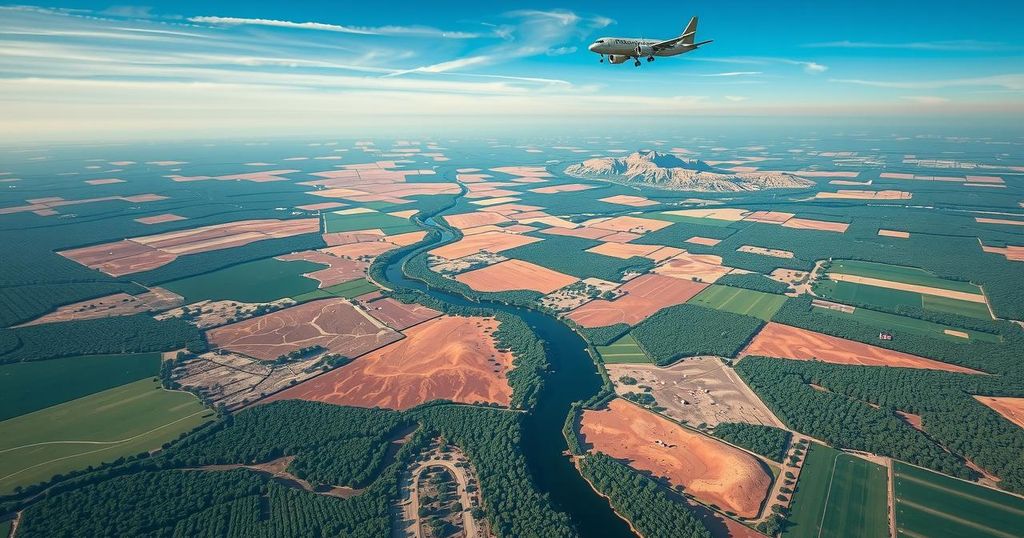Can Climate Change Impact Air Travel Safety?

The aviation sector in 2024 has encountered increased turbulence and incidents potentially linked to climate change. Studies indicate a significant rise in turbulence occurrences, particularly Clear Air Turbulence (CAT). Türkiye’s aviation industry faces similar climate-related challenges, underscoring the need for improved safety measures and operational forecasting.
The year 2024 has proven tumultuous for the aviation sector, prompting concerns over whether climate change is intensifying aviation-related incidents. Numerous disasters such as a seaplane crash in Australia and mid-air collisions in the U.S. have sparked fears that these may only be the beginning as we move into 2025 with similar apprehensions.
Notable turbulence incidents began surfacing prominently around 2022, with flights experiencing severe bounces and passenger panic due to unpredictable weather conditions. Reports of significant in-flight turbulence have proliferated, contributing to expert calls for passengers to “tighten up your seat belts” amidst increasing turbulence incidents on commercial flights.
Research indicates that Clear Air Turbulence (CAT), a critical type of turbulence, is set to rise significantly as global temperatures increase, often catching pilots off guard. While CAT rarely causes aircraft to crash, it may result in severe injuries; hence, travelers should remain cautious. Air travel, while currently operational, is increasingly entwined with climate-related disruptions.
A University of Reading study revealed that turbulence events on flights have surged by 55% in recent years on major routes, exacerbated by climate shifts. The science of turbulence is closely tied to changing jet streams driven by global warming, as diminishing temperature differences between the poles and the equator weaken jet streams, potentially leading to greater turbulence.
Further research from the University of Chicago indicates that climate change may accelerate fast jet stream winds, leading to an uptick in severe weather occurrences that disrupt flight operations and inflate fuel costs. Thus, while climate change may not directly down an aircraft, it contributes to elevated operational expenses for flight travel.
Türkiye faces unique challenges regarding aviation and climate change, with extreme weather events disrupting operations and safety in civil aviation. Although no direct aviation disasters attributed to climate change have been recorded in Türkiye, increased turbulence and flooding events emphasize the climate crisis’ risks to aviation.
In summary, climate change significantly impacts the aviation industry, particularly through increasing turbulence and operational disruptions. Flight safety remains a high priority as severe weather events threaten regular operations and passenger safety. The industry must adapt to these changes by enhancing forecasting methods and strengthening infrastructure to mitigate the adverse effects of climate on aviation.
Original Source: www.turkiyetoday.com







